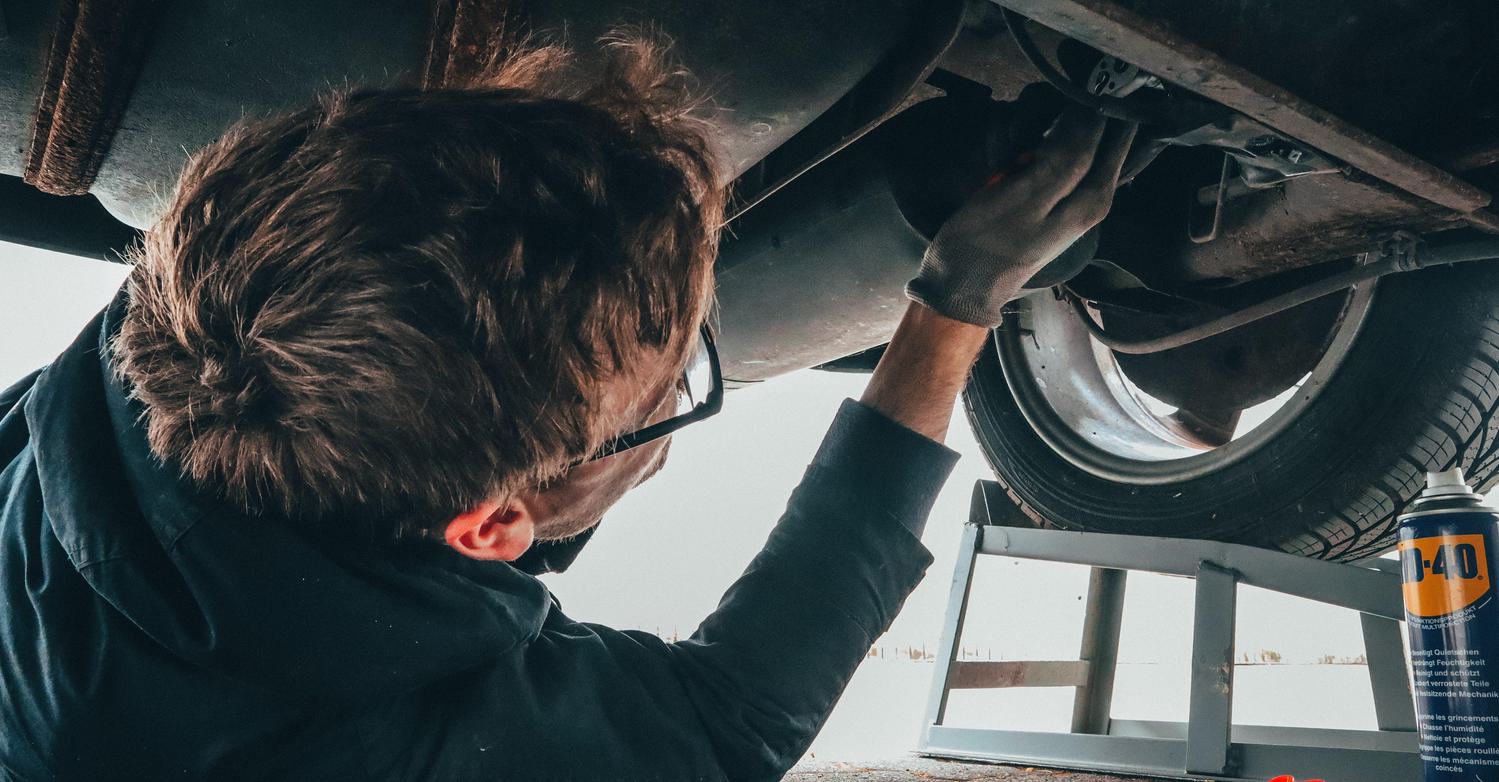Car insurance in the Cayman Islands covers you if your car is involved in a road accident and it also protects other road users if you cause damage to their vehicle or property. There are plenty of options to consider when looking for the motor insurance which is best suited to your needs. You can purchase both 3rd party insurance and full coverage policies, depending on your needs, but it is required by the law to get minimum coverage.
You can transfer ownership of a car from one owner to another without car insurance, but you cannot license the vehicle without insurance.
The average cost of third-party cover for a mid-sized car not exceeding 2.5 litres (2500 cc) is likely to be in the region of CI$450 to CI$650 per year, depending on whether it is a convertible or a sports car (which are more expensive).
Comprehensive insurance on a nearly-new but second hand CI$16,000 car would be in the region of CI$850 per year (with a no claims discount factored in) and insurance on a new CI$32,000 BMW 3 series would cost over CI$1,000 per year (with all discounts factored in).
If you bring a letter from your existing insurance company stating that you have had no claims in the last year or more, you may be eligible for a discount. Also, be aware that banks insist on comprehensive policies covering cars they are financing and some insurance companies will not sell comprehensive insurance on vehicles over ten years old. Insurance rates vary considerably, so shop around.
Note: third-party insurance is available in the Cayman Islands but it does not cover fire, theft or collision. It is a good idea to ask if the comprehensive policy covers hurricane or flood damage (also known as acts of God) as some companies do not. Also check your policy, as many will automatically only cover drivers aged 25 to 65 who have had a licence for 12 months or more. Insurance rates for teenagers who have recently passed their driving test are extremely high as they are seen as inexperienced drivers. You may find it easier for someone under the age of 23 to find car insurance on a four-door second hand car than a high-end sports car.
If you are caught driving without insurance, the police take it very seriously indeed and you will be subject to a fine of CI$2,000, imprisonment for three months, plus the loss of your licence for 12 months. If you lend your car to someone knowing that the car is not insured, then they, plus you, as the owner of the vehicle, will be fined and lose your licence for 12 months. The law requires that you must carry your car insurance document in your car at all times and present it to police whenever asked.
Motor Insurance Companies
Cayman has a wealth of insurance companies who can help advise you on how to insure your car. Some will have very strict policies of not insuring a car that is older than five years (for example) with fully comprehensive insurance. So it is best to call one of the insurance companies below before you buy the car you have your eye on.
If you are hoping to get a bank loan to help with the purchase of the car, the bank usually require that the car has fully comprehensive insurance coverage, and not third party coverage.
Insurance Brokers
An insurance broker can advise you on the coverage you need and seek competitive quotes from the insurance companies.
Hurricane Considerations
During Hurricane Ivan in September 2004, an estimated 10,000 cars were destroyed due to flooding. Ever since then as soon as a serious storm threatens there is a mad rush for everyone to park their cars on high ground.
Be mindful that even if you find higher ground your car is still subject to flying debris. Finding higher ground is not an easy task as Cayman is very flat with the highest elevation of just over 60 feet above sea level (East End). Stay away from areas such as West Bay, Seven Mile Beach and South Sound as these areas are subject to major flooding during the rainy season and bad storms.
Parking cars on roundabouts is illegal as it disrupts vision for vehicles on the roundabout and it also damages our beautifully landscaped roundabouts. Keeping spare supplies such as water, extra batteries and a First Aid kit in your car may come in handy. Do not, under any circumstance, drive over a downed electrical line and take caution when driving through flooded areas as you may not see electrical lines that have fallen. If needed, consult with your vehicle insurance company about your company’s hurricane coverage policy before a hurricane.


